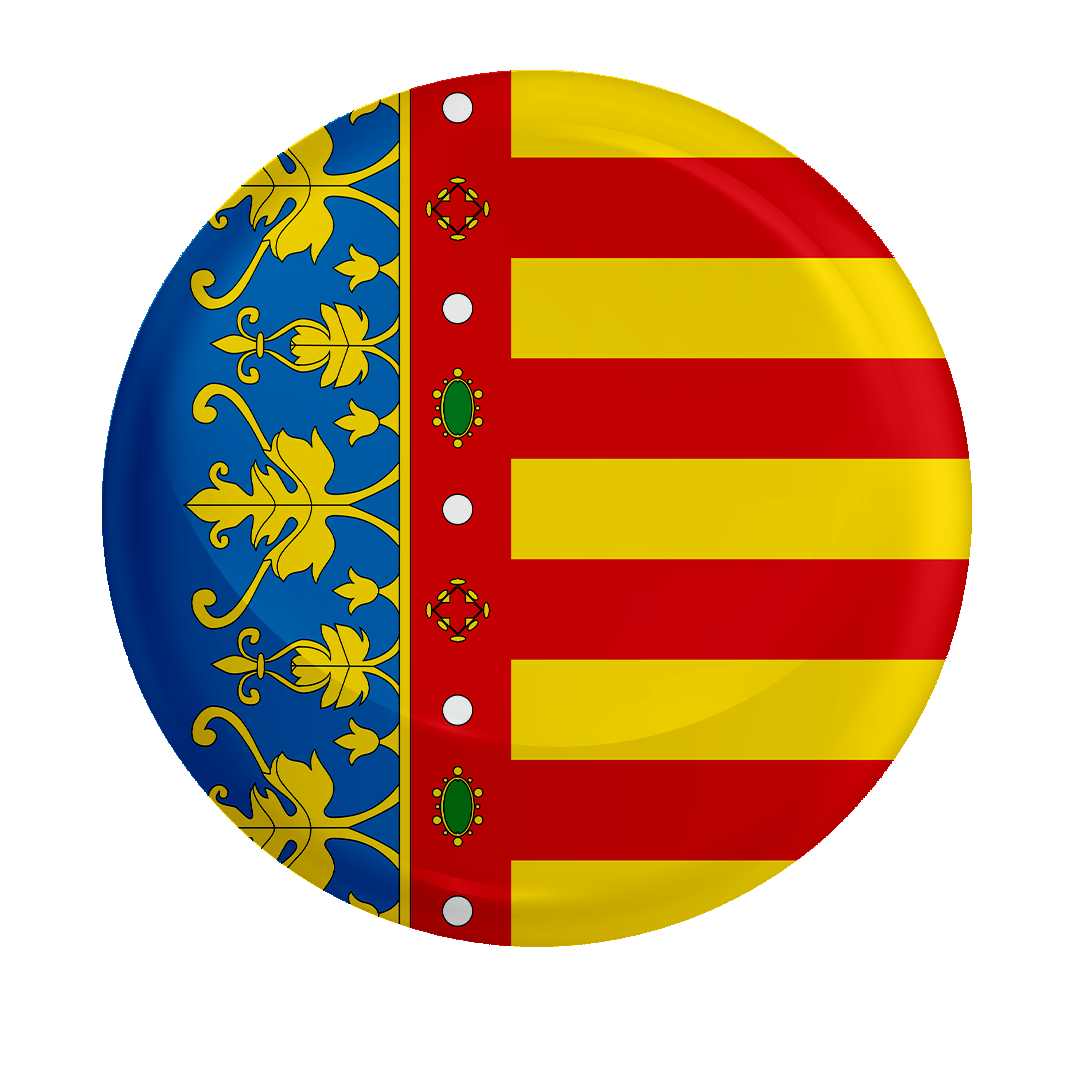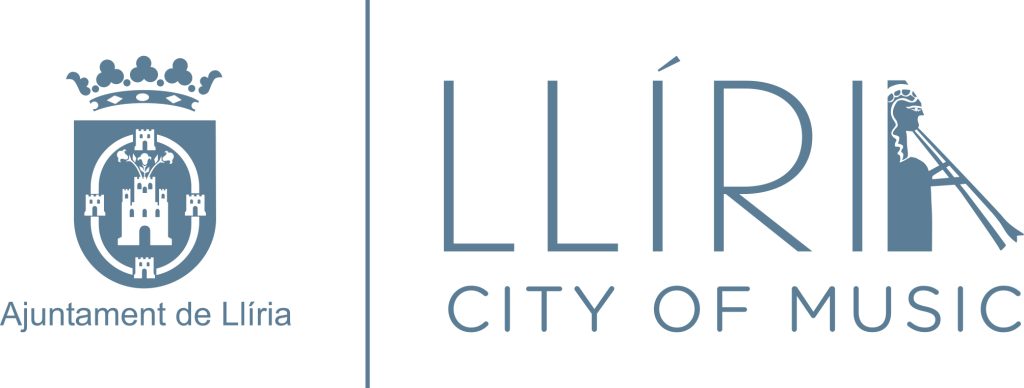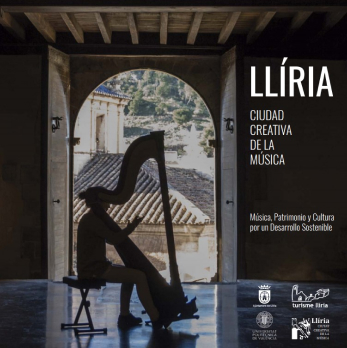
On July 12, the final phases of the sole Orchestra Conducting Competition in Spain begin
The 25 finalists of the first edition of the “Llíria City of Music” International Orchestra Conducting Competition (IOCC) will arrive in the city of Edeta next Monday with a clear objective: to be recognized as the best young baton of the moment and obtain the privilege of conducting the ten prestigious professional orchestras involved in this great cultural event.
To reach this face-to-face phase in Llíria, the 25 contestants have already had to overcome a tough preliminary selection, since 188 candidates from 35 different nationalities enrolled in the competition during the month of April, which shows the magnificent impact achieved in this first edition and the prestigious magnet with which Llíria continues to attract the best musical figures from all spheres.
Conductors of 17 nationalities
The young aspiring batons, all under 35, come from 17 different countries. Five are Spanish, three Americans, three of Venezuelan origin and two of Italian origin. The rest come to Llíria from different parts of the globe: China, Germany, Bulgaria, France, Argentina, Russia, Slovakia, Portugal, Japan, Hungary, Mexico and South Korea. All these nations will be represented in a demanding international competition that, for a week, will make the city of Edeta the capital of world batons.
Cooperation within the UNESCO Network
The competition lies within the framework of the objectives of Llíria as a UNESCO Creative City, committed to the training and search of young talents and cooperating in favour of culture with different cities of the UNESCO Network. In this case, the city cooperates with Metz, which will be represented by the famous conductor Jacques Mercier as a member of the jury, and with Seville, whose Royal Symphony Orchestra is one of the collaborators. Other cities such as Bologna, Hannover and Liverpool have also collaborated in the advertising of the competition in their respective countries. Through the exchange of knowledge between different cultures and nations and the consensual search for young promises of the Orchestra Conduction, the fourth of the Sustainable Development Goals of the 2030 Agenda is promoted: Quality Education. There is currently no other competition with similar characteristics in Spain and the objective is for the event of Llíria to be consolidated biannually as an aspirational reference for all young batons on the planet.
Solidarity from Músicos sin Fronteras
The IOCC Llíria 2021 will also have an important solidarity side, also linked to the Llíria mission within the UNESCO Network. In collaboration with ‘Músicos sin Fronteras’ and its ‘Banco de Instrumentos’ programme, a campaign will be promoted to attract musical instruments. The objective is to create with them a young musical band in a neighbourhood in vulnerable conditions of Santo Domingo, capital of the Dominican Republic. Like Llíria, Santo Domingo is also part of the UNESCO Creative Cities Network, so it will actively participate in the distribution of the instruments and giving visibility to the solidarity project.
A competition open to the public
The competition will be divided into four phases, which will take place between Tuesday 13 and Saturday 17 July. The first two phases will take place at the Llíria Professional Music Conservatory, while the third and final phases will take place at the Theatre Unión Musical. All of them will be open to the public for free, by reservation through the Llíria app, downloadable at http://www.lliria.es/es/content/app-lliria. In all phases of the competition, the jury will assess the candidates on the following criteria: expressive gestures, interpretation, sound, dynamics, articulation, pitch and balances. At the end of each day of the competition, the organization of the competition will make public the result and will inform about the participants who go to the next phase. By contrast, the decision of the final will be announced during the Concert of the Bands in which the Ateneo Musical y de Enseñanza Banda Primitiva and the Banda Sinfónica Unión Musical of Llíria will participate. The concert will take place on Saturday, July 17, from 10:30 p.m., at the Plaza Mayor.
Top-level international jury
The jury of the competition, chaired by the Edetan Manuel Galduf, is made up of members of international prestige: the British John Carewe, the Venezuelan Carlos Riazuelo and the Spaniards Francisco Coll, Virginia Martínez and Cristóbal Soler; the latter acting as secretary of the jury with voice but without vote. For the final, which will be held on Friday 16 and Saturday 17 July, three other members will join: Jacques Mercier, Andrés Salado and José María Moreno.
Participating orchestras and institutions
Another example of the magnitude of the “Llíria City of Music” International Competition is the level of the collaborating orchestras in its first edition: National Orchestra of Spain, Symphony Orchestra of Spanish Radio Television, Symphonic Orchestra of Castilla y León, Orchestra of Valencia, Philharmonic Orchestra of Málaga, Symphony Orchestra of the Region of Murcia, Oviedo Philharmonic, City of Granada Orchestra, Extremadura Orchestra and Royal Symphony Orchestra of Seville. The winner will have the opportunity to conduct all of them over the next two seasons.
Week of Music parallel to the Competition
Parallel to the competition, Llíria will become the stage of the best concerts with the “Llíria City of Music” IOCC Week of Music, which the Department of Culture organizes between July 10 and 17. During these days, a very diverse musical programme will be offered, with all kinds of formations: jazz groups, chamber groups, vocal music and large orchestral and band formations. The agenda can be consulted at the Lliria City of Music website.










